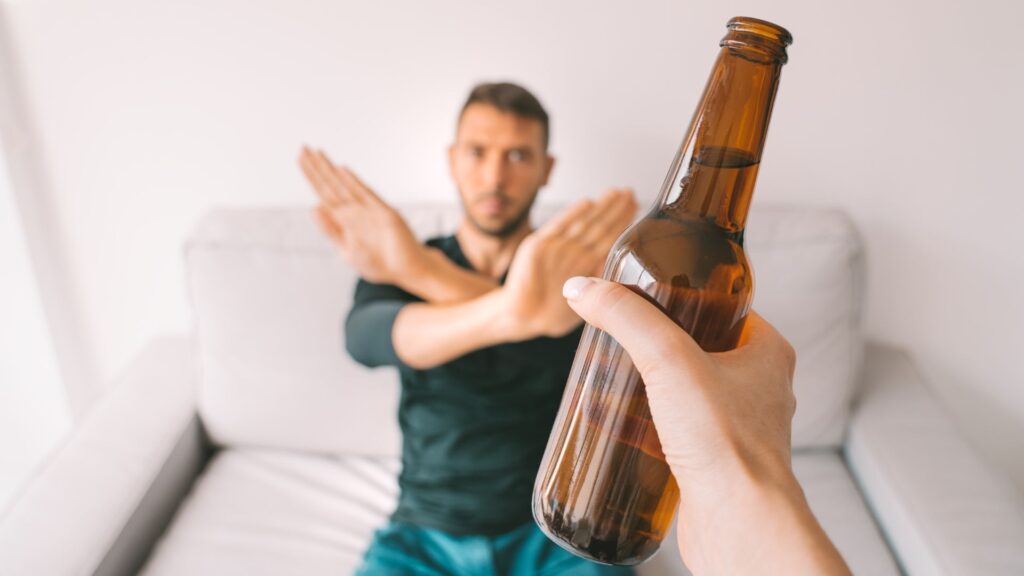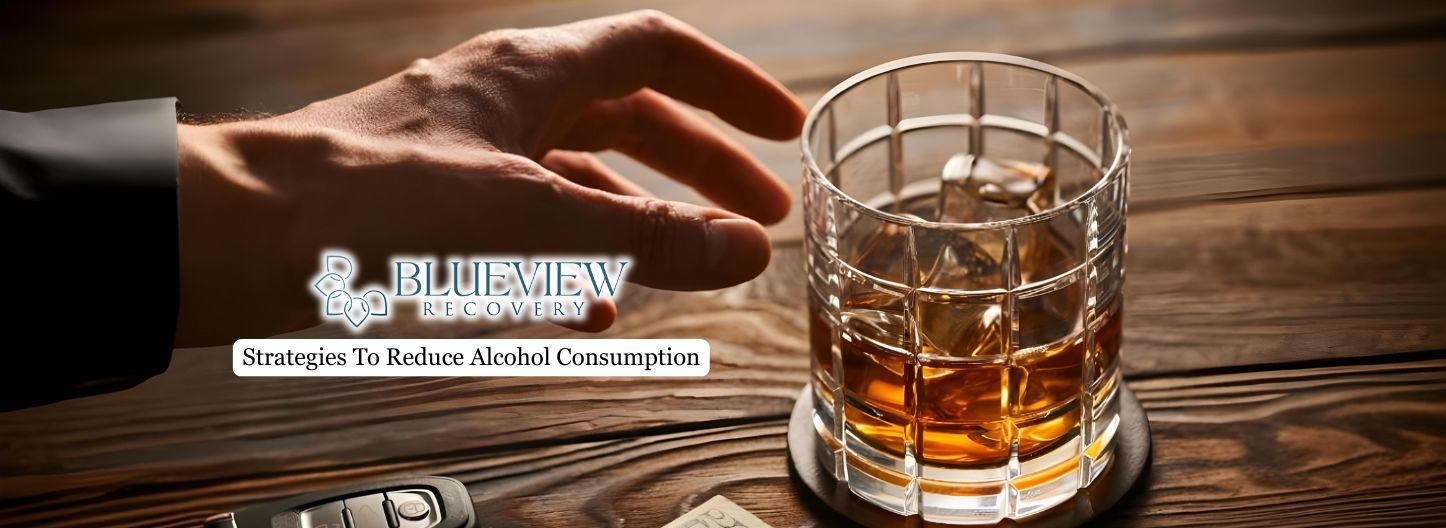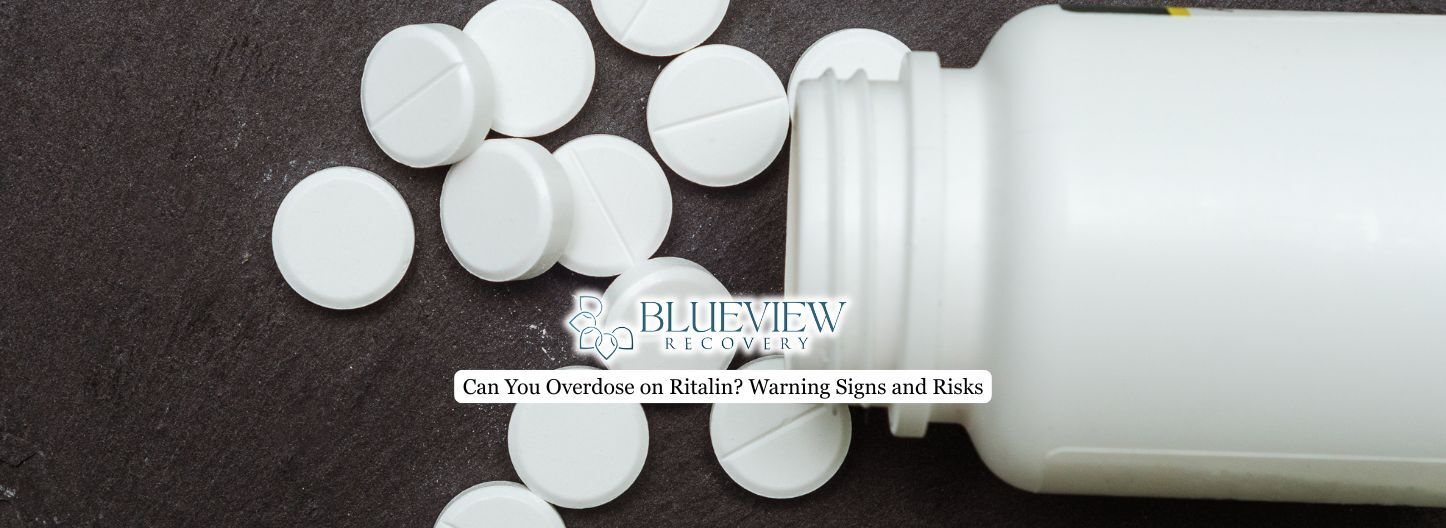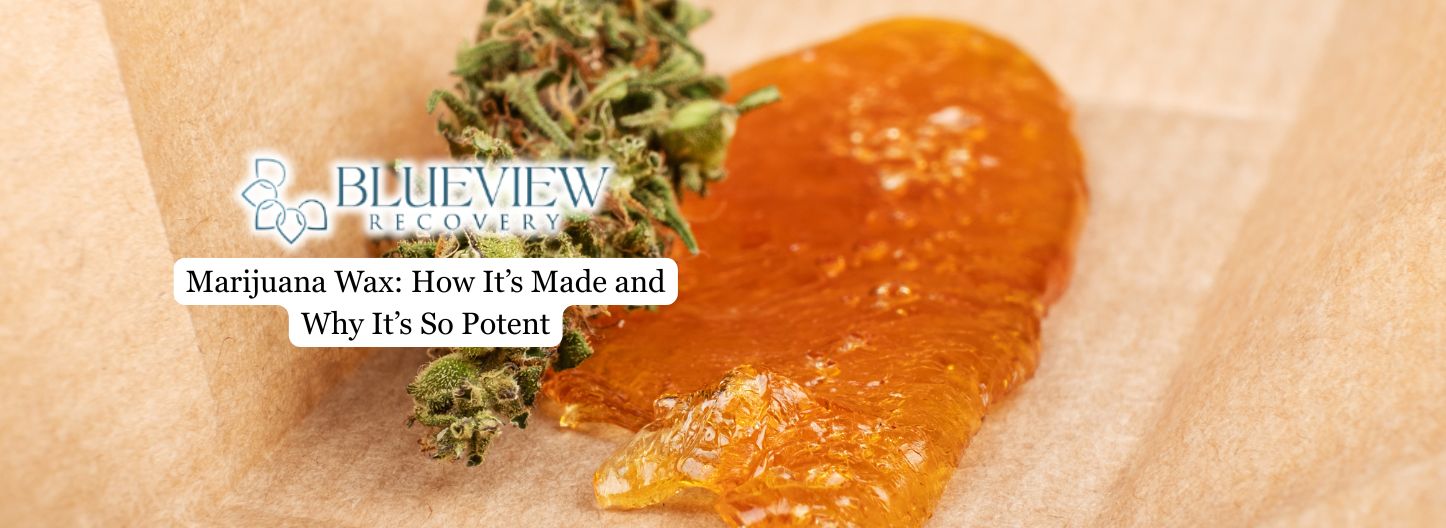Reducing alcohol consumption can lead to significant improvements in physical health, mental well-being, and overall quality of life. Whether someone is looking to reduce their drinking for health reasons, personal goals, or recovery support, having practical and sustainable strategies makes the process easier.
This article explores evidence-based methods to help individuals cut back on alcohol in a structured, manageable way while building habits that encourage long-term change.

Understand Your Drinking Habits
Before making changes, it’s important to understand how much, when, and why you drink. Many people find that their habits are influenced by routine, stress, or social situations. Keeping a journal or using a mobile app to track your drinking habits and how you feel before and after can help you notice patterns you may not have noticed before. Once you identify your triggers, whether it’s a stressful day, social events, or boredom, you can begin replacing drinking alcohol with healthier coping strategies.
If drinking is your way of relaxing after work, try substituting it with calming alternatives, such as stretching, meditation, or spending time outdoors. If you find it difficult to cut back despite these efforts, seeking professional treatment for alcohol addiction can provide structure and accountability, helping you learn long-term coping tools. Awareness helps turn impulsive behavior into intentional decision-making, setting the stage for meaningful change.
Set Realistic and Measurable Goals
Rather than quitting cold turkey, start small. Decide how many days per week you will drink or set a limit for how many drinks you’ll allow yourself on specific occasions. Creating boundaries helps make progress trackable and attainable.
The SMART framework, which stands for Specific, Measurable, Achievable, Relevant, and Time-bound, can guide your goals. You might decide, “I’ll have no more than two drinks on weekends for the next month.” Breaking your goals into smaller milestones, you build confidence with each success. These steady steps help normalize moderation and make it easier to maintain new habits in the long run.
Identify Triggers and Create a Plan
Stress, loneliness, and certain social settings can prompt drinking urges. Once you know your triggers, prepare strategies in advance, such as calling a friend, practicing mindfulness, or engaging in an activity that distracts you from cravings.
Behavioral therapies like Cognitive Behavioral Therapy (CBT) can help identify the thought patterns that lead to drinking. CBT encourages individuals to reframe unhelpful thoughts and develop healthier responses to stress or emotional discomfort. This process strengthens self-awareness and helps prevent relapse. Having a personalized plan, including stress management techniques and a list of people you can reach out to, ensures you have tools ready when cravings arise.
Develop Healthy Coping Mechanisms
Many people drink to manage stress or regulate emotions, but there are healthier ways to cope. Physical activity, creative hobbies, and mindfulness practices, such as yoga or deep breathing, can provide similar emotional relief without the negative effects of drinking. Excessive alcohol use can also increase the risk of seizures, especially when consumed heavily, making moderation even more important. These alternatives also boost mood, energy, and mental clarity.
Developing emotional resilience is equally essential. Journaling, therapy, and support groups can help individuals process feelings that might otherwise lead to drinking. Frequent drinking can also cause brain fog, making it harder to think clearly and regulate emotions effectively. Learning how to face discomfort rather than escape it builds long-term emotional stability. For those dealing with anxiety or depression alongside alcohol use, integrating professional counseling or support from an outpatient program can provide deeper guidance and structure.

Build a Supportive Environment
Your environment plays a major role in shaping behavior. Surround yourself with people who support your decision to reduce drinking. Friends and family who understand your goals can help you stay accountable and encourage positive change. If your social circle revolves around it, consider exploring new ways to connect, such as joining a fitness class, hosting alcohol-free dinner nights, or discovering shared hobbies.
Support can also come from professionals. Outpatient programs, group therapy, or individual counseling provide structured accountability and evidence-based strategies. These resources help individuals develop and strengthen their coping skills, enabling them to stay committed to their goals. Being part of a supportive community reduces isolation and reinforces progress throughout the recovery journey.
Practice Self-Compassion and Consistency
Reducing alcohol intake is not an overnight transformation. It’s a gradual process that takes time, patience, and persistence. Self-compassion is vital when setbacks occur. Instead of viewing slip-ups as failures, see them as opportunities to learn what situations or emotions still need attention. A single setback doesn’t erase progress. What matters most is your ability to keep moving forward.
Consistency is more important than perfection. Each step, whether it’s attending a gathering without drinking or choosing water over wine during dinner, adds up over time. As healthy habits take root, your reliance on alcohol naturally decreases, and confidence in your self-control grows. The journey is about progress and resilience, not rigid abstinence unless medically recommended.
Final Thoughts from Blueview Recovery
Reducing alcohol consumption begins with awareness and a willingness to make small, consistent changes. Through mindfulness, self-reflection, and setting structured goals, individuals can regain control over their choices and enhance their physical and emotional well-being. Every conscious step toward moderation contributes to a healthier, more balanced lifestyle.
At Blueview Recovery, we recognize that each person’s relationship with alcohol is unique. Our alcohol rehab programs in Philadelphia, PA, integrate evidence-based therapies, including CBT, group support, and individualized recovery plans, designed to meet clients where they are. Whether you’re seeking to cut back or pursue a full residential treatment program, our compassionate team provides expert guidance to help you achieve lasting change.





